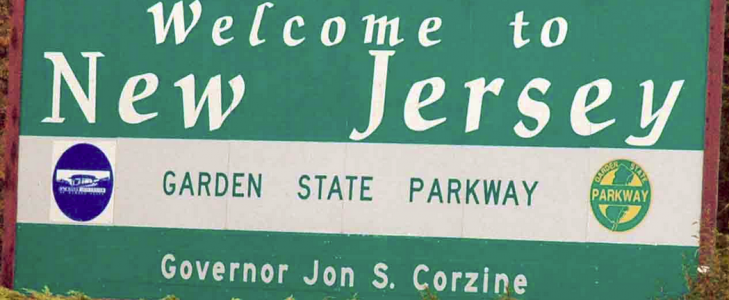When the regulated New Jersey online poker market opened up, many people were eager to see what effect this would have on the ‘grey’ market sites – a.k.a. those still serving US players without a license. And so far, regulated NJ sites have been both beneficial and harmful to non-regulated poker rooms. This being said, let’s discuss both sides of the matter in more detail.
NJ Poker Rooms take 37% of Players from Grey Market
Speaking at the ICE Totally Gaming Exhibition in London, Commercial Intelligence (CI) stated that 37% of players with accounts at non-regulated poker sites have opened accounts at licensed NJ rooms. CI based their findings on a survey of 505 New Jersey residents, and their Head of Research, Geoffrey Dixon, believes that the findings warrant more states looking into online poker.
“Of the online players that we researched just two weeks ago, 35% had only begun gaming online following New Jersey’s decision in November 2013,” Dixon said. “This level of take-up, coupled with the movement to approved sites, represents a compelling fiscal case study for states seeking to cut their budget deficits.”
Mainstream Poker Advertising likely helping Unregulated Sites
Before New Jersey opened up their internet poker market last November, there was no mainstream online poker advertising. This has changed in a big way for the Garden State, with sites like PartyPoker and WSOP.com free to advertise as they please. But they’re probably not the only ones benefiting from the newly created publicity.
According to PokerFuse, average cash game traffic at non-regulated US online poker rooms is up 13% (400 players) from the beginning of the year. And they think that a large portion of this could be coming from NJ, where some players are just now being attracted to the game. Of the 35% of people that Dixon said “had only begun gaming online,” we can be fairly sure that at least some of them are playing at grey market sites.
So while regulated sites may be taking some players from their non-regulated counterparts, it looks like there’s a sort of trade-off here with the latter getting unintentional free advertising.
